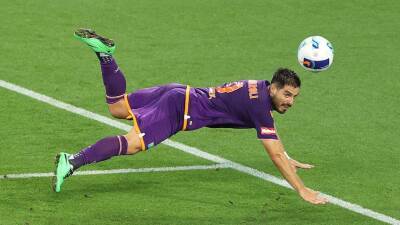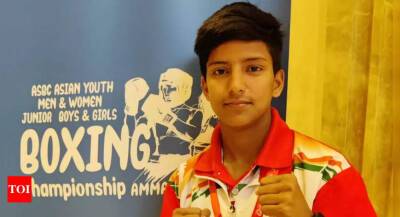Martin Stark on organising world's first gay boxing championships and plans to 'disrupt' discrimination
In 2017, a near-death experience led Martin Stark to try boxing as a means to overcome post-traumatic stress disorder (PTSD).
Little did he know, the sport he once considered «barbaric» would later change his life.
«Boxing was a sport I never considered at all because I used to think it was just about people getting punched,» Stark said.
«Not understanding the sport for what it truly is, I thought it should be banned.
»To think about becoming a boxer back then, it would be like a vegan becoming a meat eater."
After a severe bout of Addison's disease, a disorder in which the adrenal glands don't produce enough hormones, left him in a coma, Stark began to suffer from PTSD.
He discovered that boxing was «great» for his mental health and physical wellbeing.
«I really enjoyed learning a new skill and fell in love with it straight away,» he said.
«I got to learn the technical aspect of boxing, the footwork, the handwork, better balance, skills and coordination.»
Stark found «a new passion in life» and says he enjoys the «immersive experience» in boxing clubs and classes.
«When you spar, the first thing you do is you touch gloves with your sparring partner, and coaches and partners, the people you train with, are very supportive,» he said.
«There is an immense level of support for boxers both inside and outside the ring, and I found the sense of camaraderie and team spirit in the sport.
»I discovered a sense of purpose and a deep level of respect within the [boxing] community."
The boxer said he found the sport to be «the opposite» of what people often expected.
«A common misconception is that boxing is about being punched in the face or hit in the ribs, while you could be hitting a pad, punching bags or doing foot drills,» he said.
«Ninety






